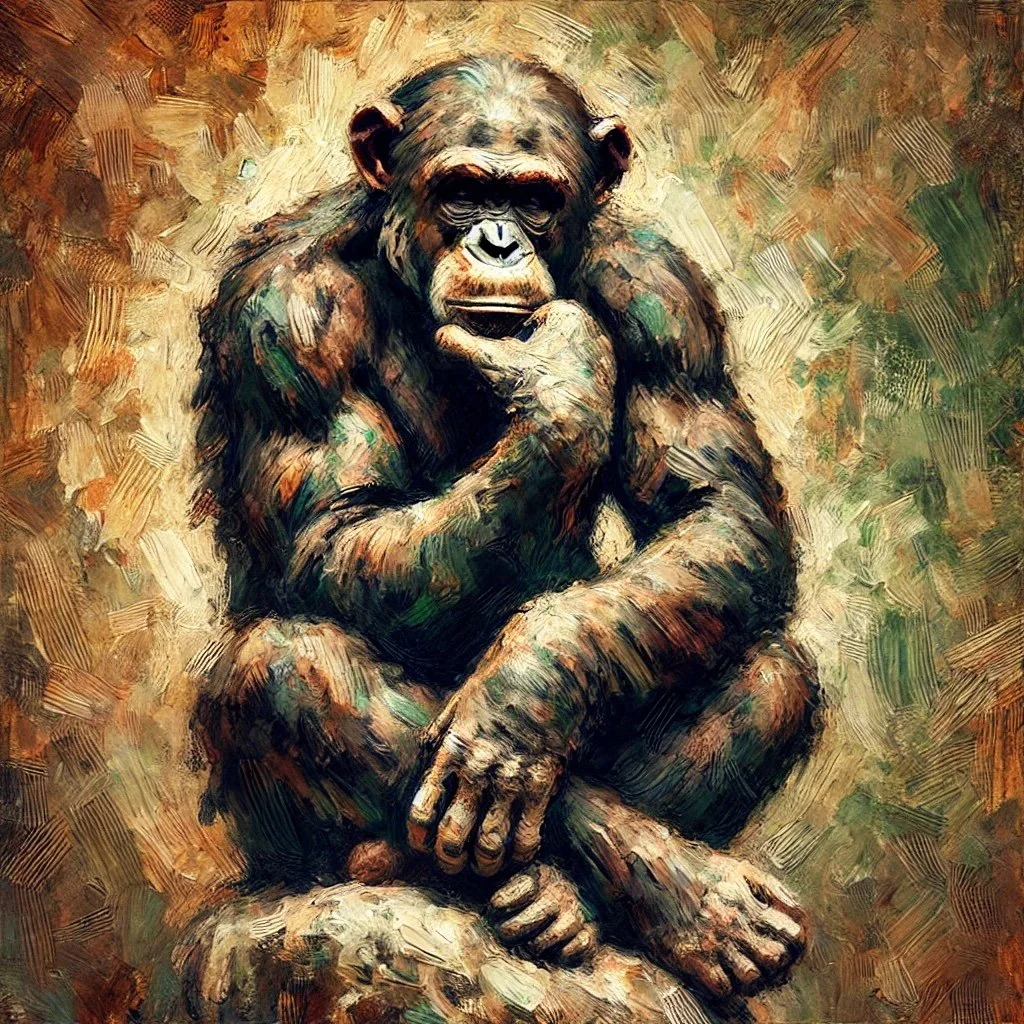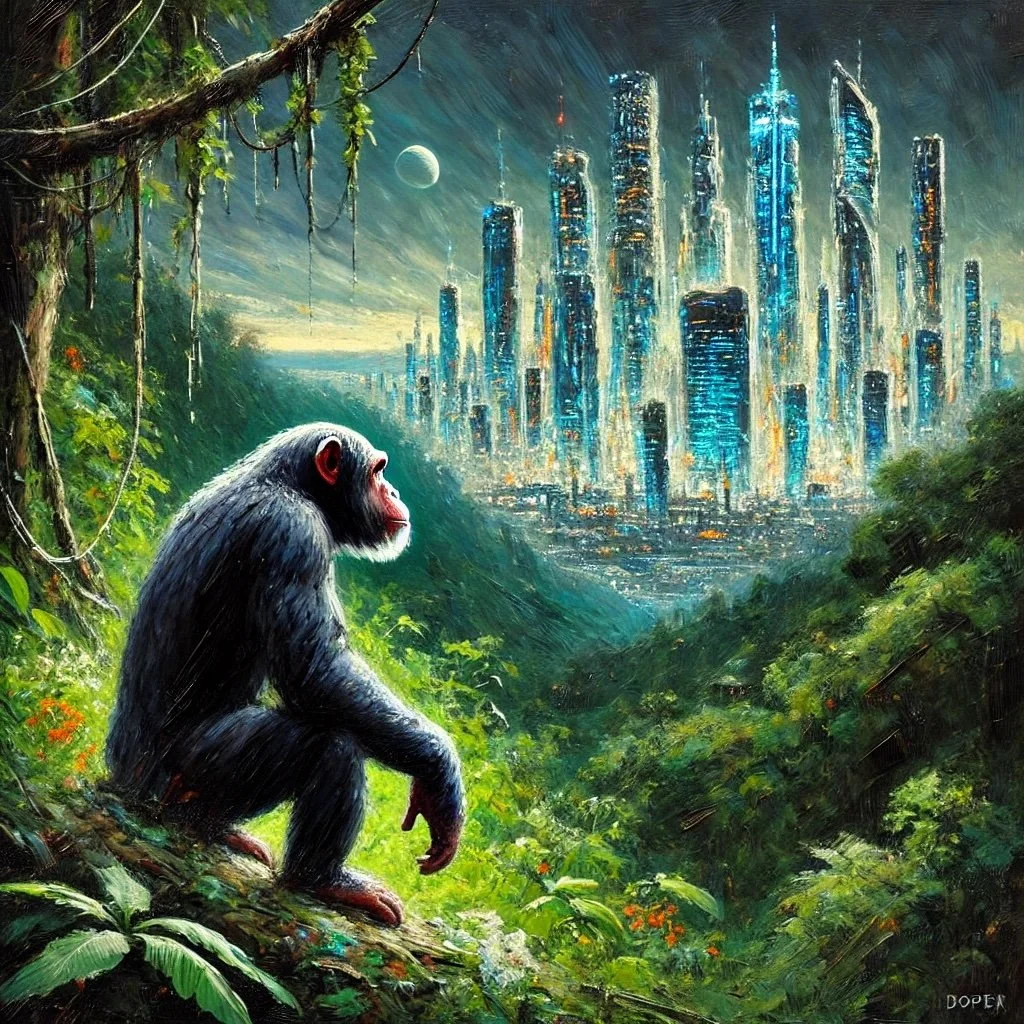
Our curriculum
The goal of our intellectual curriculum is not mere acquisition of knowledge but a deep appreciation for reality as it is. We dissolve the traditional boundaries between subjects and instead organize our inquiry into four major themes, each of which focuses on interrogating a set of foundational questions. We believe that learning from one another to deepen our understanding is just as important as learning to construct strong arguments that support our opinions.
Why intellectual?
How did the universe begin? What are the fundamental building blocks of reality? How do they interact? How do they self-organize to form life? How can we use mathematics and computer science to model nature? In our curriculum, our study of physics and mathematics helps students develop a deeper understanding and appreciation of chemistry and biology. We emphasize foundational concepts, such as flow, energy, entropy, locality, causality, complexity, emergence, and phase transitions, which we frequently apply in subsequent themes.
Nature and numbers
What is mind and how does it relate to the body? Why do humans behave the way that they do? What are thoughts? What is consciousness? We start with the insight that the human mind and body were shaped by natural selection, using the lens of evolutionary psychology to analyze human behavior, including our cognitive biases. Our study of neuroscience helps us better understand how our nervous system processes information to support life and construct our subjective experience.
Mind and behavior
How did the development of language change the ways humans interact? Why did hunter gatherers first settle into agrarian societies? What forms of human organization have been tried? How have they been influenced by culture, geography, and technology? How does culture interact with the mind to shape human behavior? What role do myth and story play in human development? The society and culture theme explores art, anthropology, economics, history, literature, linguistics, and sociology from a unified perspective.
Society and culture
Why does anything exist? How do we know what we know? What are our obligations to others? What does it mean to live a good life? What do people mean by God? How does culture shape religious and philosophical belief and vice versa? What does it mean to be human? These questions are at the heart of the Contemplative Primate curriculum. We attempt to answer them for ourselves, drawing on various religious and philosophical traditions while also integrating insights developed in the other three themes.



